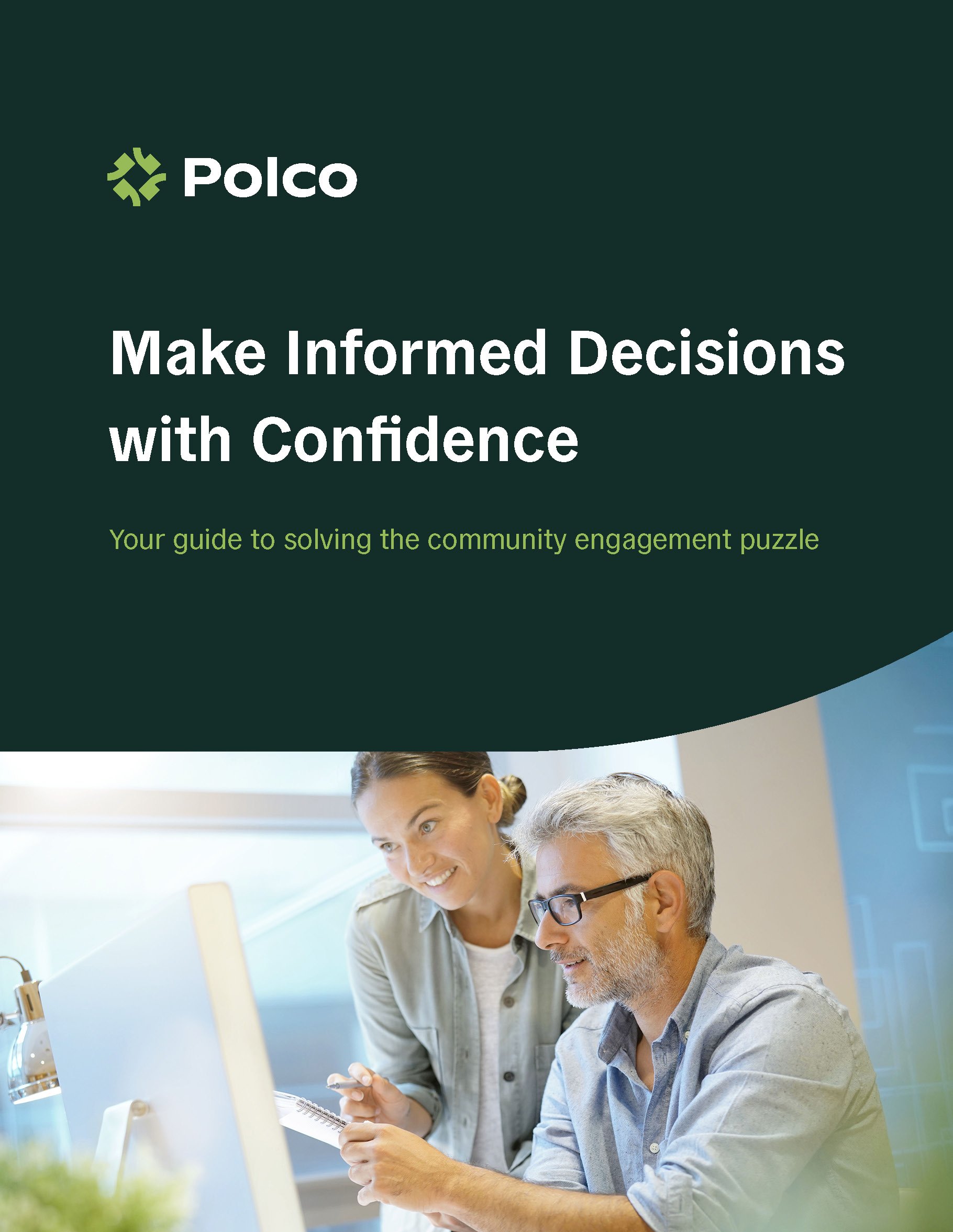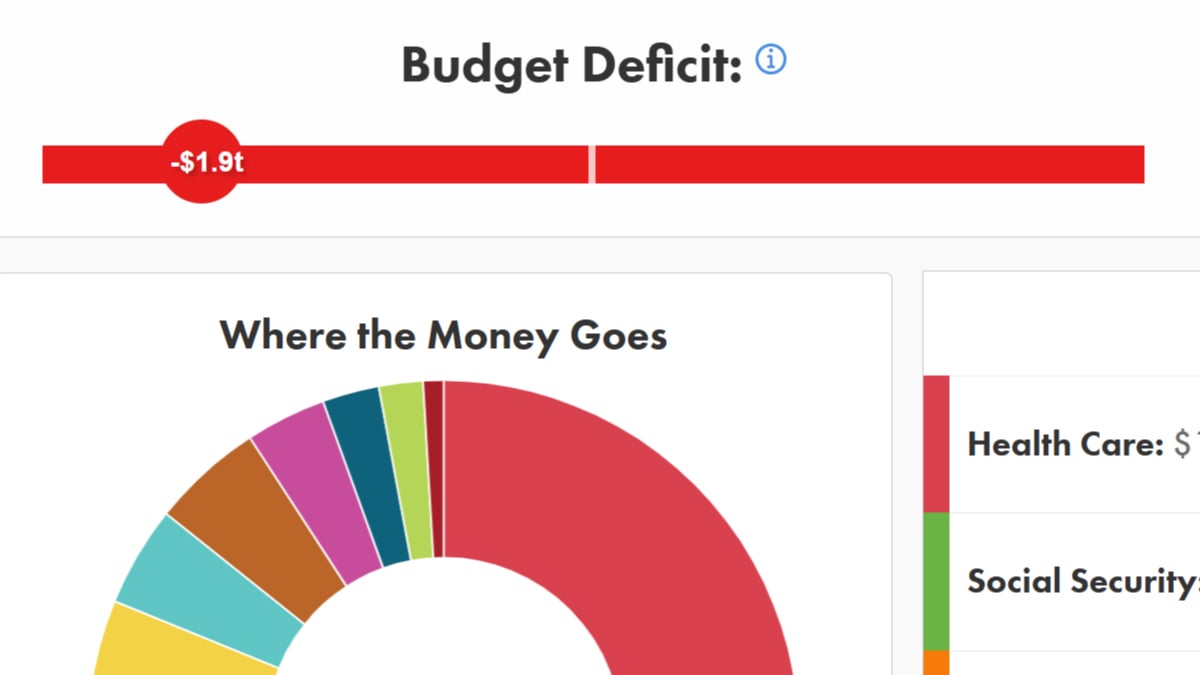Share this
Subscribe to Our Newsletter

Featured Report
Download your copy of "Make Informed Decisions with Confidence: Solving The Community Engagement Puzzle" today!
by Kaila Zimnavoda on August 19, 2022

A recent data analysis uncovered an interesting connection between types of engagement and community satisfaction.
- By Kaila Zimnavoda -
A recent analysis of The National Community Survey® (The NCS®) by Polco revealed that residents' level of satisfaction with local government and their community is correlated with how they engage with local issues.
The NCS assesses quality of life based off of various aspects of community livability. The survey asks respondents if they participate in different forms of engagement, including attending local meetings, campaigning for a local issue, and volunteering in the community. The survey also gives insight into overall community satisfaction by measuring respondents’ confidence in local government, rating of government services, and rating of local economic health.
Respondents who reported high political engagement, meaning that they attended local public meetings and campaigned for local issues with high frequency, expressed somewhat lower satisfaction in government (about 1.5 to 3 points lower) compared to those who were not politically engaged. Respondents who reported high social engagement, meaning that they volunteered their time to a community cause, expressed somewhat higher satisfaction (about 3 points higher) compared to those who were not socially engaged.
“These findings seem very powerful and very intuitive to me”, says Steven Sloman, Professor of Cognitive Science at Brown University and co-author of The Knowledge Illusion, Why We Never Think Alone, a book about collective knowledge and its effects on our systems of authority and institutions.
“My best guess [as to why this trend exists] is that those who tend to have a rosy view of their local government are motivated to improve their community through social action such as volunteering," he said. "By contrast, those who are unhappy with the status quo in local government are more likely to invest their effort in political action, such as attending public meetings campaigning for local issues”.
Erin Caldwell, Director of Research at Polco, notes that there is no way to know the direction of these associations. “Either [people] show up to public meetings because they are spurred to action by something they don't like in the community, or they show up to the meetings, don't like the content of the meeting, and provide lower ratings as a result.”
By the same thinking, those who volunteer their time could do so because they already feel positive about their community, or the act of volunteering engenders positive feelings about the community.
Regardless of the direction of the associations, Caldwell says it's encouraging that there are many ways that people engage with their communities. She suggests that although it can feel discouraging to receive lower ratings from those who are politically engaged, local governments “may want to consider harnessing both the optimism and pessimism of their citizens. Any citizen who is spurred to action by their desire to better the place in which they live and work is a valuable asset to their community”.
Government leaders who have felt disheartened by the feedback they receive at their public meetings should remember that politically engaged residents may not represent the sentiments of their community at large. Those who are socially engaged are just as civically minded, but may have more positive feedback to offer.
Because The NCS reports the ratings of both socially and politically engaged citizens, it is uniquely designed to help government leaders enact policies that represent the entire community and improve resident satisfaction for everyone.
Analysis for this article was done by data science intern, Kaila Zimnavoda, and Director of Research, Erin Caldwell.
Related Articles

Download your copy of "Make Informed Decisions with Confidence: Solving The Community Engagement Puzzle" today!
These Related Stories


